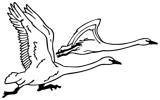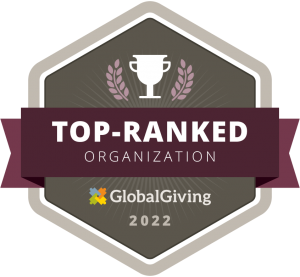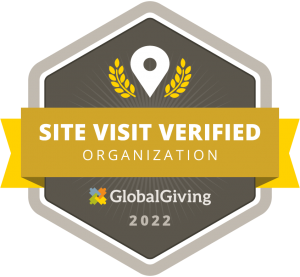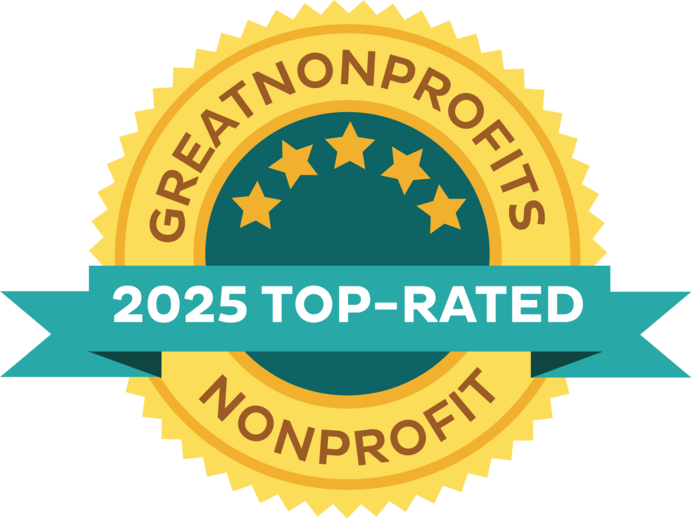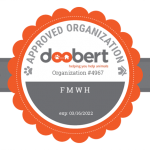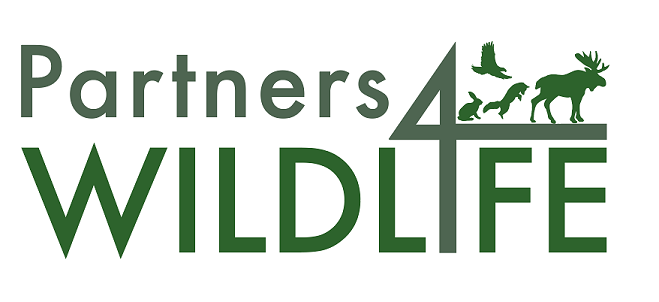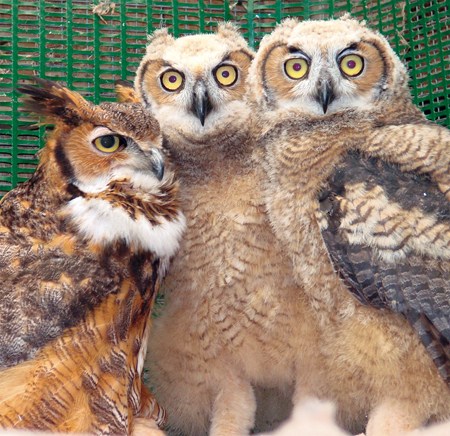
I Found An Animal
Do you know what to do?
To find out, you can take a short quiz. Just click on the buttons to the right.
For more information, please see our flip-books, below, and watch our videos, “What to do if you find baby birds or bunnies,”
“Providing Supplemental Heat and Safe Transportation” and “Protect a Rabbit Nest and Keep Babies with Mom,”
as well as “Cottontail Re-nesting.”
Reuniting & Re-Nesting Squirrels & Bunnies
Recognizing Orphanings & Injuries
Wild Babies
General Guidelines for All Wild Animals: Observe First, Act Second
If you’re unsure if a baby animal needs help, cover it with a laundry basket or box to keep it from leaving the area until you can get answers from a licensed wildlife rehabilitator. A baby animal needs help if it is bleeding, flies are swarming, it is crying, it has diarrhea, it is injured in any way or it is in immediate danger. If there is an open wound or blood, flies will lay eggs that will hatch into maggots that will eat the young.
Questions a Wildlife Rehabilitator will ask about the baby you’ve found:
- When did you first observe the baby on the ground or in trouble?
- Can you see a nest? Are there other babies in the nest?
- Have you seen an adult squirrel, bird, etc. by the baby?
- Have you seen a dead squirrel, bird, etc. near where the baby was found?
- Can you see fleas, lice, mites or other parasites on the baby or in the nest?
- If it is an older baby, is it following pets or people?
- Are its eyes bright and round or are they slitted or closed?
- If the baby is a mammal, is it crying, biting or frantic?
- Does it look thin or fat? Are the eyes shiny or dull?
- If the baby is a bird, does it have feathers or can you see skin, and where?
- Does it have tail feathers, are they short or long?
- Is its mouth open? Is it peeping?
- If the bird has feathers, is it hopping around or has it stayed sitting in one spot
If you’re sure a baby needs help, observe it carefully before picking it up, paying attention to its physical appearance, its behavior, where it was found and how it was found (e.g., lying on its back, under a cat’s paw, tangled in string).
Do not handle any wild creature without gloves.
Even young animals can and will bite if frightened. Human scent will not keep a wild mother from her young, but it could make the young vulnerable to predation by dogs and cats which are unafraid of humans and human scent.
Educate your children to respect wildlife and the space we share,
and encourage them to observe wild animals without trying to catch or touch them. Finally, make sure they know to tell you right away if they find an animal they think is injured or alone.
Please do not live-trap animals without consulting a wildlife rehabilitatorwho is familiar with the natural history of the species. Live-trapping is not humane when it removes adults from their territory or their young. Babies will die without their mothers. Adults will try to return home just as you would and if they are injured or killed trying to return to your backyard, another of their species will take their place. (E.g. If you have suitable habitat for chipmunks, such as a rock garden, chipmunks will continue to move into your yard as long as the rock garden remains. If you don’t want chipmunks sharing your yard, you need to eliminate the rock garden.) Habitat modification works much better in the long term.
Please — don’t attempt to feed injured or orphaned wildlife
or to clean or bandage any wounds, just get the babies to a licensed wildlife rehabilitator as quickly as possible. Injured & Orphaned Wildlife deserve professional care from experienced, licensed Wildlife Rehabilitators. It is not enough to feed them; they must be given the proper nutrition, using the right technique and in the right amounts at the right age.
It is not enough to raise them separate from humans,they must be raised with their own kind and properly imprinted on their own species in order to survive after release. It is not enough to give them a “substitute” companion, they must know the song of the lark or the territorial hoot of the owl, the language of the squirrel’s tail or the Canada goose’s neck — and they can only learn these things from their own kind.
Upon release, all wild creatures must be able to:
- Recognize and find shelter
- Recognize and procure food
- Recognize and avoid predators
- Socialize and interact with their own kind
- Be strong, healthy and acclimated to the elements.
If you truly respect wildlife, please contact a wildlife rehabilitator as soon as possible after encountering an injured or orphaned wild creature.
© 2025 Fellow Mortals, Inc.
W4632 Palmer Road | Lake Geneva, Wisconsin 53147
NOTE: All Visits are by Appointment Only —
Phone: (262) 248-5055 to make an Appointment
